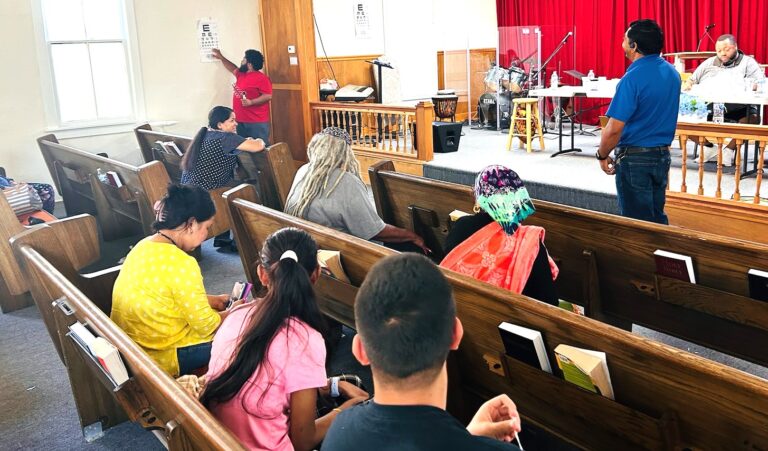In the sprawling landscapes of Africa, where cultural richness and biodiversity are abundant, a less visible issue lurks, threatening the vitality of its people. Increasing eye problems caused by malnutrition and compounded by ignorance pose a grave challenge, impacting millions in underdeveloped regions. This silent epidemic not only diminishes the quality of life but also hampers educational achievements and economic opportunities for countless individuals.
The Root Causes: Malnutrition and Ignorance
Malnutrition: A primary factor contributing to vision impairment and blindness in Africa is malnutrition. Essential nutrients, such as Vitamin A, are crucial for maintaining proper eye health. Deficiency in these nutrients can lead to severe conditions like xerophthalmia, which can progress to irreversible blindness if not addressed. The situation is dire among children and pregnant women, who are most vulnerable to these deficiencies due to their heightened nutritional needs.
Ignorance: Compounding the problem is a widespread lack of knowledge about the importance of eye health and nutrition. In many parts of Africa, there is little awareness of how simple dietary changes can significantly affect vision quality. Moreover, traditional beliefs and misinformation about eye health often prevent people from seeking help or adopting preventive measures, allowing treatable conditions to escalate into serious impairments.
First Sight’s Response: Education and Intervention
Recognizing the urgent need for action, organizations like First Sight are at the forefront, tackling these issues head-on through a blend of educational outreach and direct intervention.
Educational Programs: First Sight implements comprehensive educational campaigns aimed at changing perceptions about diet and eye health. These programs not only teach the importance of nutrient-rich foods but also strive to debunk myths about eye care that are prevalent in many communities.
Nutritional Interventions: Alongside education, practical assistance is crucial. First Sight helps facilitate access to Vitamin A supplements and works with local communities to improve overall nutrition through sustainable agricultural practices and health education. This approach ensures that interventions are not only immediate but also sustainable in the long term.
Vision Care Services: First Sight provides essential eye care services, including screenings and the distribution of eyeglasses. These efforts are vital in addressing current vision impairments and preventing the progression of eye diseases.
How You Can Help
The fight against vision loss in Africa is a battle that cannot be won by a single organization alone. It requires the combined efforts of international donors, local governments, and dedicated volunteers. Here’s how you can contribute:
– Support Nutritional Programs: Donations to programs that provide essential vitamins and improve food security can have a lasting impact on eye health in impoverished regions.
– Volunteer: Volunteering your time to support educational campaigns can help spread crucial knowledge about eye health and nutrition.
– Raise Awareness: By simply talking about these issues, sharing information, and educating others, you can help lift the veil of ignorance that surrounds eye health in many parts of Africa.
Conclusion
The increasing eye problems in Africa due to malnutrition and ignorance represent a significant public health challenge. However, with sustained efforts in education, nutritional support, and direct eye care intervention, it is possible to mitigate these problems and help millions achieve better vision and a brighter future. Join First Sight in their mission to bring light to those in the darkest need.
For more information or to get involved, visit [First Sight](https://firstsight.org). Together, we can make a difference and turn the tide against this preventable crisis.


